India Hot Topics
They are grown-ups’: Allahabad HC cancels case against Muslim man by wife’s parents
The Allahabad High Court has thrown out a case filed against a Muslim man by the parents of his wife, who converted from Hinduism to Islam last year to marry him. The right to choose a partner irrespective of caste, creed or religion is intrinsic to the constitutional right to life and personal liberty, the high court held, adding that two previous judgments that objected to religious conversion for the purpose of marriage didn’t lay down good law.
The bench, comprising justice Pankaj Naqvi and justice Vivek Agarwal, was hearing a petition by Salamat Ansari and Priyanka Kharwar alias Alia to quash a police complaint against them by the woman’s father. The petitioners contended they were both majors and competent to choose their life partners. The court agreed with the petitioners, both residents of Kushinagar district.
“We do not see Priyanka Kharwar and Salamat as Hindu and Muslim, rather as two grown-up individuals who out of their own free will and choice are living together peacefully and happily over a year,” the bench held. “An individual on attaining majority is statutorily conferred a right to choose a partner, which if denied would not only affect his/her human right but also his/her right to life and personal liberty, guaranteed under Article 21 of the Constitution of India,” observed the bench.
The decision by the two-judge bench, delivered on November 11 but made public on Monday, may pose a legal problem for the Uttar Pradesh government, which is planning a law to regulate interfaith relationships on the basis of the two previous judgments that were both delivered by single-judge benches.
The judges held that any interference in a personal relationship would constitute a “serious encroachment” on the right to freedom of choice. “We fail to understand that if the law permits two persons even of the same sex to live together peacefully then neither any individual nor a family nor even state can have an objection to the relationship of two major individuals who out of their own free will are living together,” the verdict said.
The judgment also contradicted two previous judgments – one delivered in 2014 and the other in 2020 – that said that religious conversion only for the sake of marriage was not valid under law. “We hold the judgments in the Noor Jahan and Priyanshi (cases) as not laying good law. None of these judgments dealt with the issue of life and liberty of two matured individuals in choosing a partner or their right to freedom of choice as to with whom they would like to live,” the two-judge bench held.
In the Noor Jahan case, the HC had dismissed a batch of writ petitions asking for protection of a married couple where the woman converted from Hinduism to Islam. In the Priyanshi case, a Muslim woman converted to marry a Hindu man, and the couple approached the court for police protection.
Shortly after the high court passed the judgment in the second case in October, Uttar Pradesh chief minister Yogi Adityanath announced that his government was planning a law to regulate “love jihad”, a term used by right-wing Hindu activists to describe relationships between Hindu woman and Muslim men.
These activists allege that Muslim men “lure” gullible women for conversion, though experts say adult men and women are free to convert for relationships, and the central government told Parliament in February that there was no definition of the term and no such cases were reported by agencies. Haryana, Madhya Pradesh and Karnataka, all ruled by the Bharatiya Janata Party (BJP), are also considering similar laws.
In the current case, the petitioners sought quashing of a first information report lodged on August 25, 2019, for alleged kidnapping, assault and other sections of the Indian Penal Code (IPC) and under the Protection of Children from Sexual Offences (Pocso) Act. The petitioners said they were living together as a couple peacefully for one year and the FIR – filed by the woman’s father – was aimed at ending the marriage. Counsel for the woman’s father opposed the petition and cited the 2014 and 2020 judgments, arguing that conversion only for the sake of marriage is prohibited and such marriages had no sanctity in law.
The judges dismissed that argument. “To disregard the choice of a person who is of the age of majority would not only be antithetic to the freedom of choice of a grown-up individual but would also be a threat to the concept of unity in diversity.”
Tap To Explore More : NDTV
Also Read : UP ISSUED GUIDELINES FOR MARRIAGE AND OTHER CEREMONIES; MAXIMUM GUEST LIMIT 100
Movie
The Madras High Court has granted early screenings of Vijay’s Leo movie from 7 AM, requesting the TN government to resolve any issues.
Madras High Court Grants Early Screenings of Vijay’s “Leo” Movie at 7 AM, Urges TN Government to Address Concerns
The Madras High Court has made a landmark decision in favor of the much-anticipated Tamil film “Leo,” starring actor Vijay. In a significant move, the court has granted permission for early screenings of the movie from 7 AM, urging the Tamil Nadu government to swiftly address any issues and facilitate the smooth release of the film. This decision marks a pivotal moment in the realm of Tamil cinema and the entertainment industry at large.
Historical Context:
The Indian film industry, particularly the Tamil film industry, has seen its share of controversies and challenges related to film releases. Issues such as censorship, political disputes, and public sentiment have often played a significant role in shaping the release schedules and screening times for films. Vijay, one of Tamil cinema’s most prominent actors, has been at the center of such controversies in the past. This decision by the Madras High Court is, therefore, particularly noteworthy.
The Ruling:
The Madras High Court’s decision to permit early screenings of “Leo” comes as a response to a plea filed by the film’s producers. The court, while considering the plea, took into account various factors, including the film’s anticipated popularity and the prevailing circumstances. The court emphasized the importance of accommodating the audience’s interests and allowing them to enjoy the film without disruptions.
A Step Towards Normalization:
The court’s decision signifies a positive shift in the film industry, where release dates and screening times are often mired in controversy. By allowing screenings to commence at 7 AM, the court aims to reduce the chances of public unrest and congestion near theaters, especially in the wake of high-profile film releases.
The Role of the Tamil Nadu Government:
The Madras High Court, in its ruling, also called upon the Tamil Nadu government to cooperate in ensuring a seamless release for the film. This cooperation extends to providing necessary security measures to maintain law and order around theaters during the early screenings.
Implications for the Entertainment Industry:
The decision is expected to set a precedent for the release of other highly anticipated films, not just in Tamil cinema but also in the broader Indian film industry. The court’s emphasis on the importance of accommodating the audience’s interests could lead to more flexible screening times for movies in the future.
The Audience’s Perspective:
For moviegoers and fans of Vijay, this decision comes as a welcome relief. They can now look forward to enjoying the film without any undue delays or disruptions, ensuring a memorable cinematic experience.
In conclusion, the Madras High Court’s ruling to allow early screenings of Vijay’s “Leo” at 7 AM while urging the Tamil Nadu government to resolve any issues paves the way for a more audience-centric approach in the film industry. It is a landmark decision that highlights the importance of balancing the interests of filmmakers and the movie-loving public. This judgment is poised to make a positive impact on the release of future films, ushering in a new era of flexibility and convenience for cinema enthusiasts.
Group Media Publications
Entertainment News Platforms – anyflix.in
Construction Infrastructure and Mining News Platform – https://cimreviews.com/
General News Platform – https://ihtlive.com/
Podcast Platforms – https://anyfm.in
-
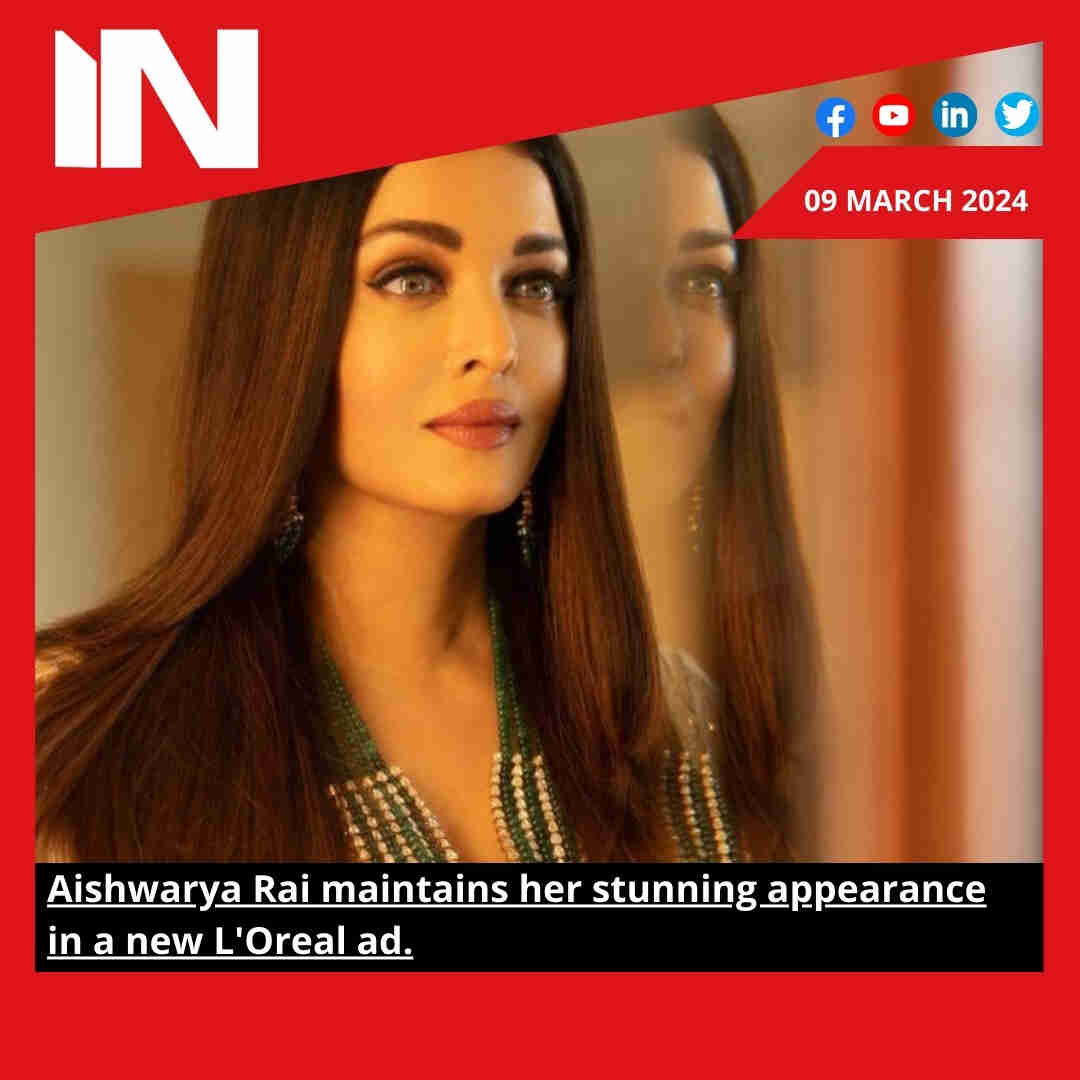
 Bollywood1 month ago
Bollywood1 month agoAishwarya Rai maintains her stunning appearance in a new L’Oreal ad.
-

 health and remedies1 month ago
health and remedies1 month agoThe article discusses the potential health risks associated with swallowing dry ice
-
.jpg)
.jpg) Music4 weeks ago
Music4 weeks agoSidhu Moosewala’s father and baby brother feature on Times Square billboard; fans react. Watch
-
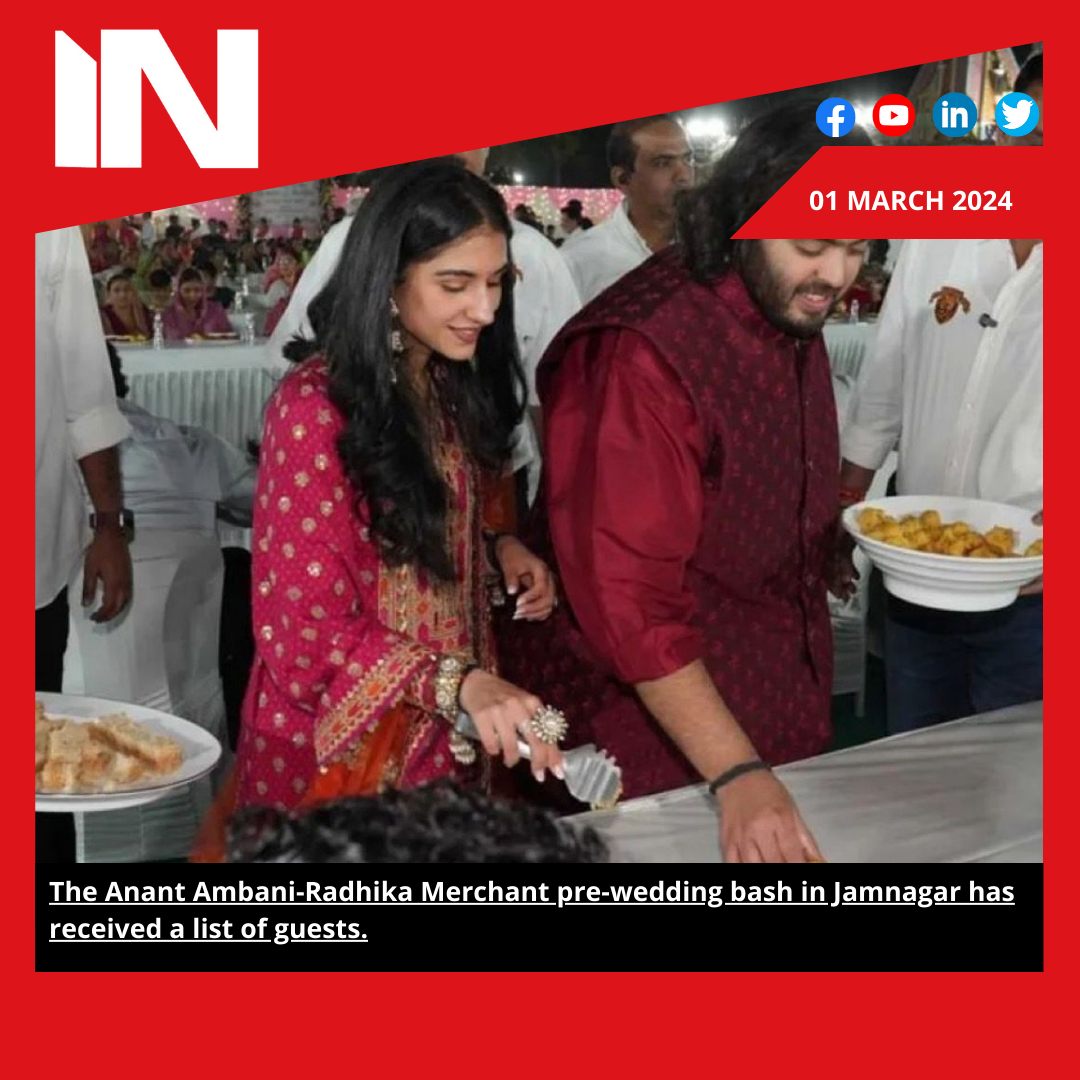
 Entertainment2 months ago
Entertainment2 months agoThe Anant Ambani-Radhika Merchant pre-wedding bash in Jamnagar has received a list of guests.
-
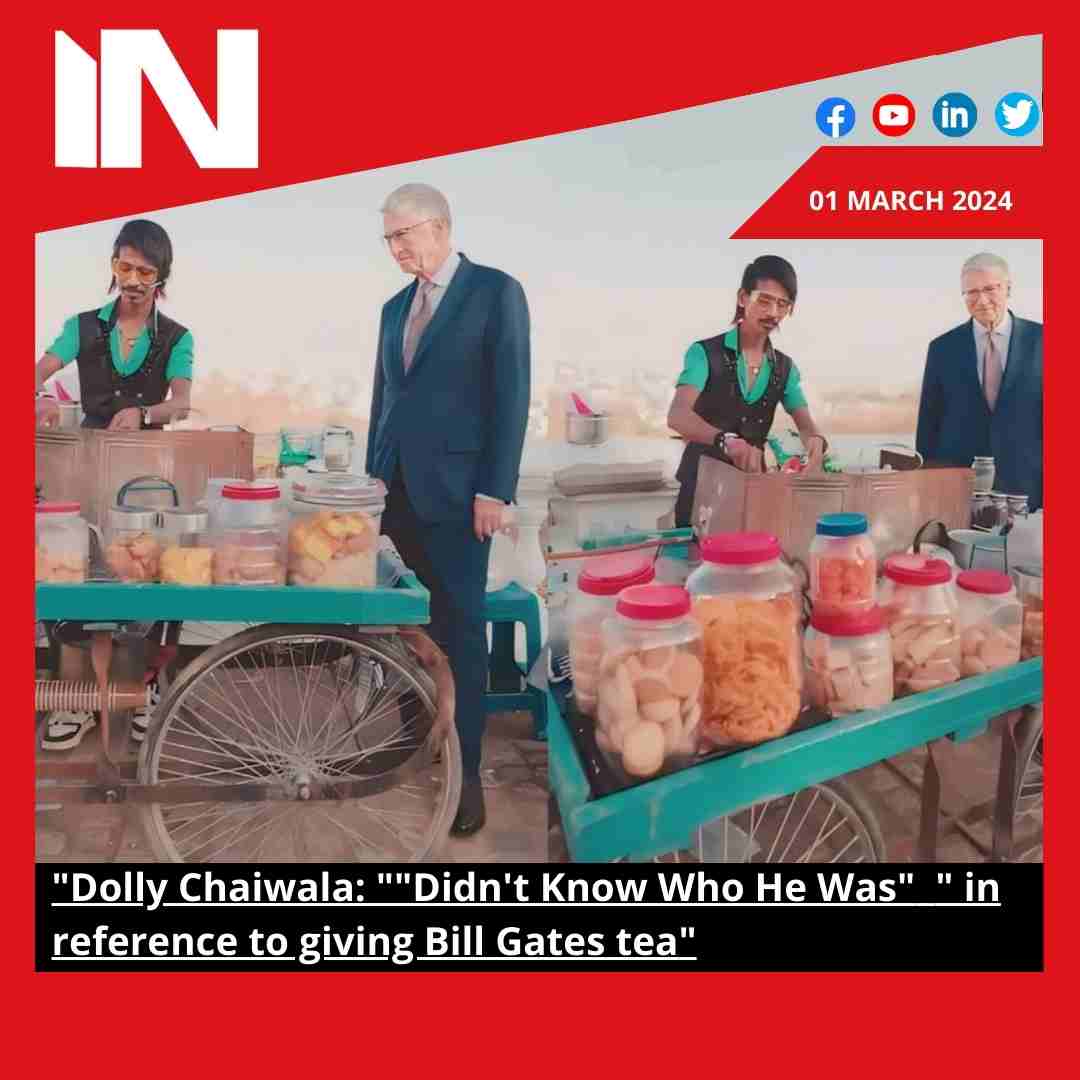
 Trending2 months ago
Trending2 months agoDolly Chaiwala: “Didn’t Know Who He Was” in reference to giving Bill Gates tea
-

 Trending2 months ago
Trending2 months agoOppo Reno 12 Pro Key Features Leak Online: Expected to Receive a 1.5K Display with a Density 9200+ SoC
-
Bollywood2 weeks ago
Rasha, the daughter of Raveena Tandon, discusses how trolling affects her: “I think in processing it, feeling bad for a bit.”
-

 Bollywood1 month ago
Bollywood1 month agoFor this explosive advertisement, Aamir Khan and Darsheel Safary reconnect 16 years after Taare Zameen Par
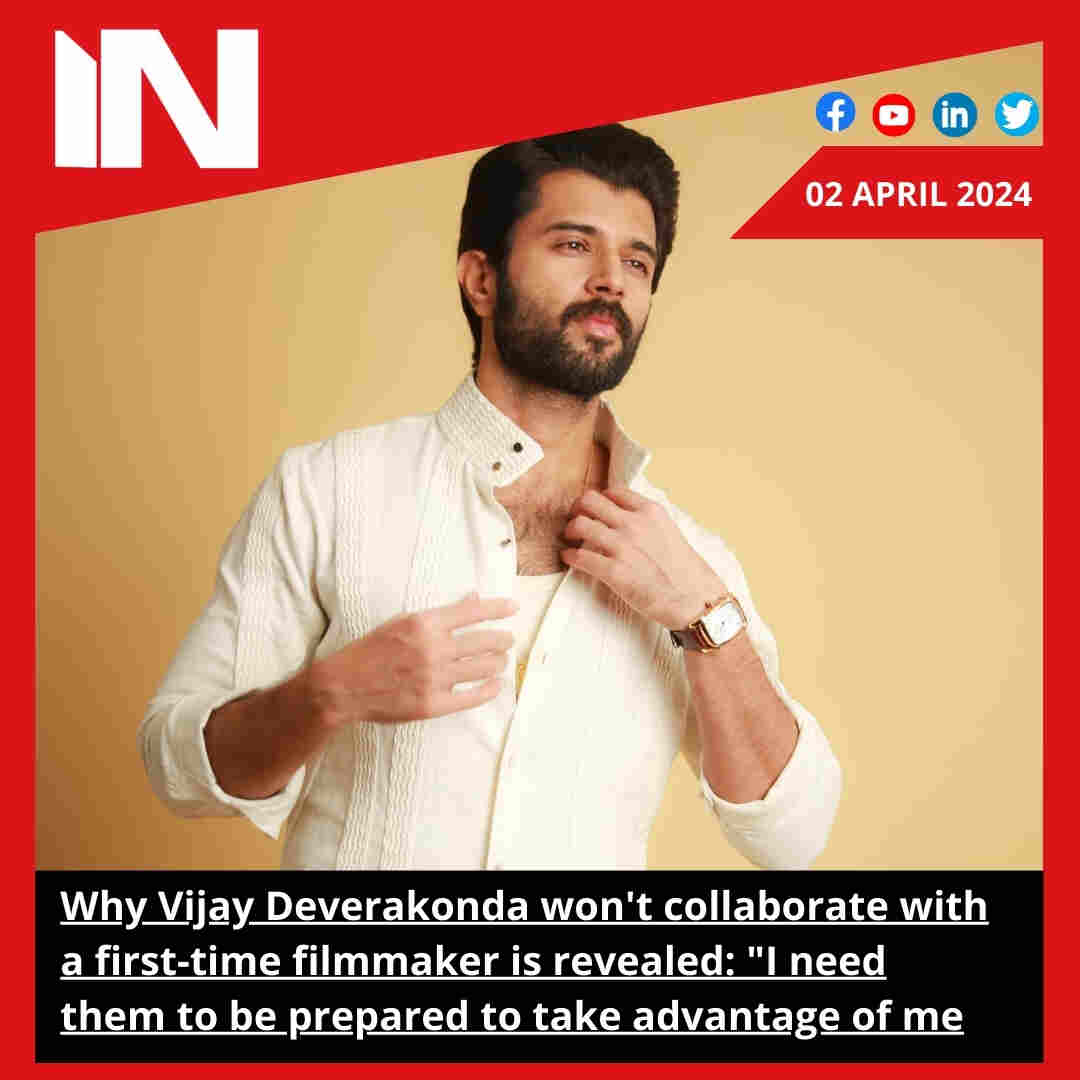

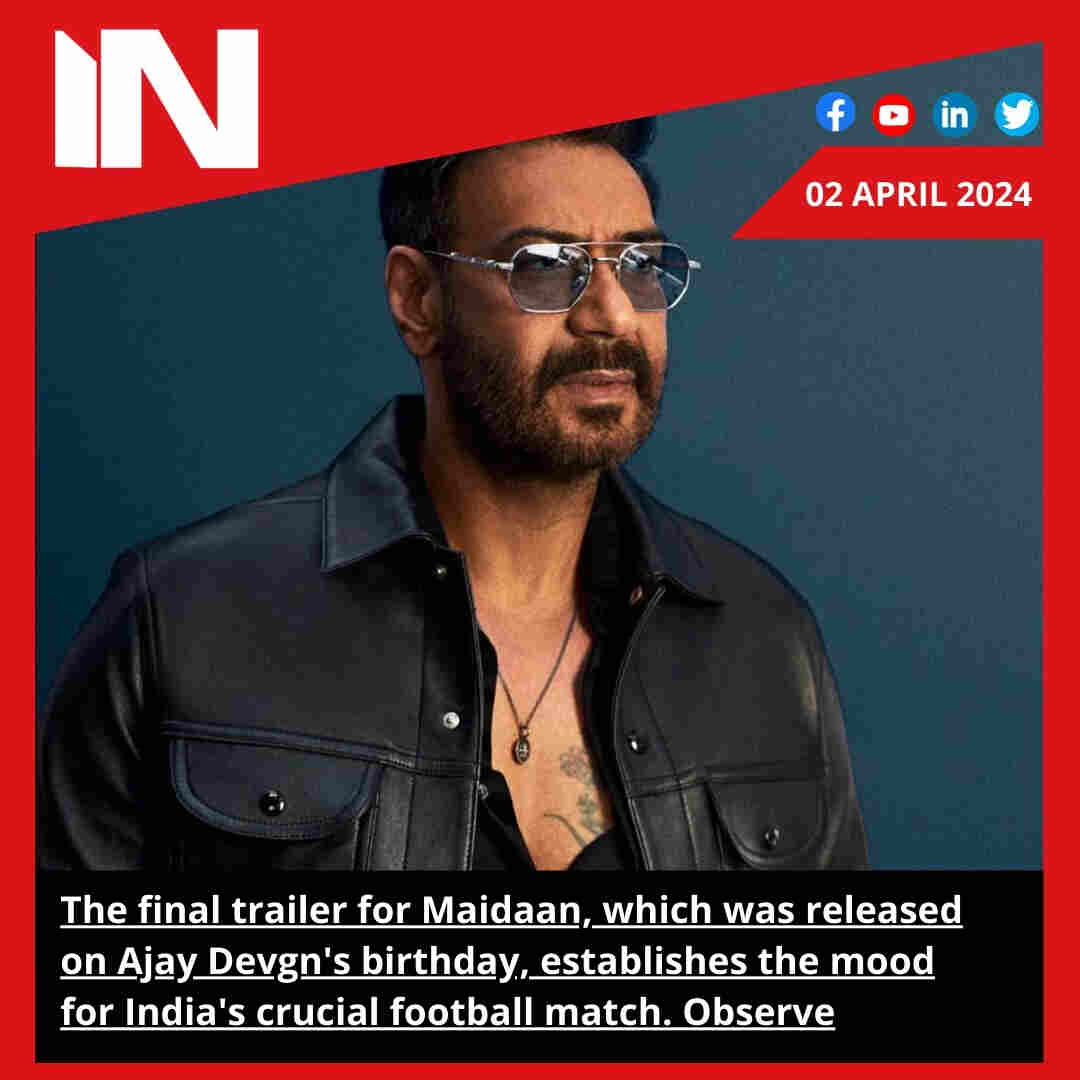
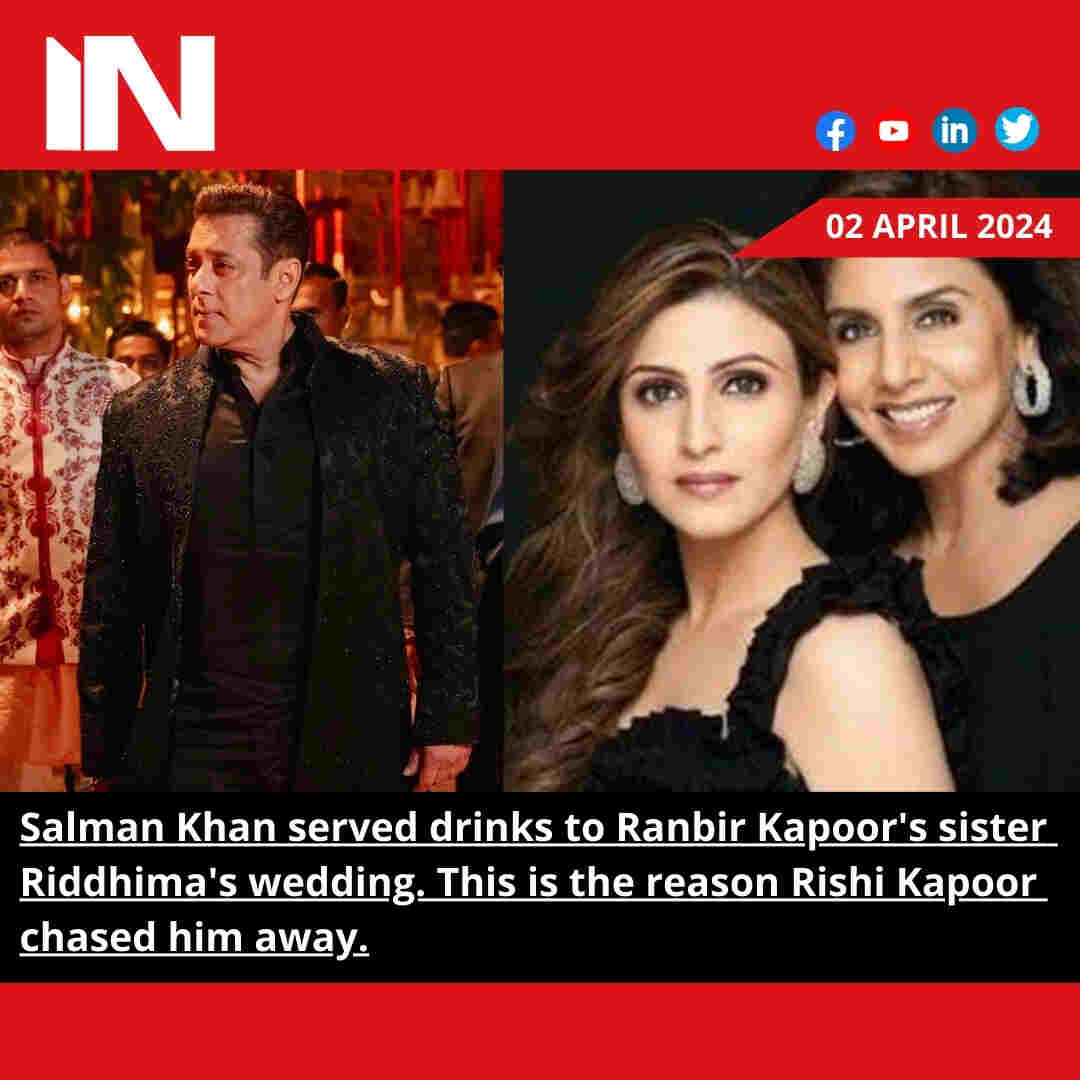
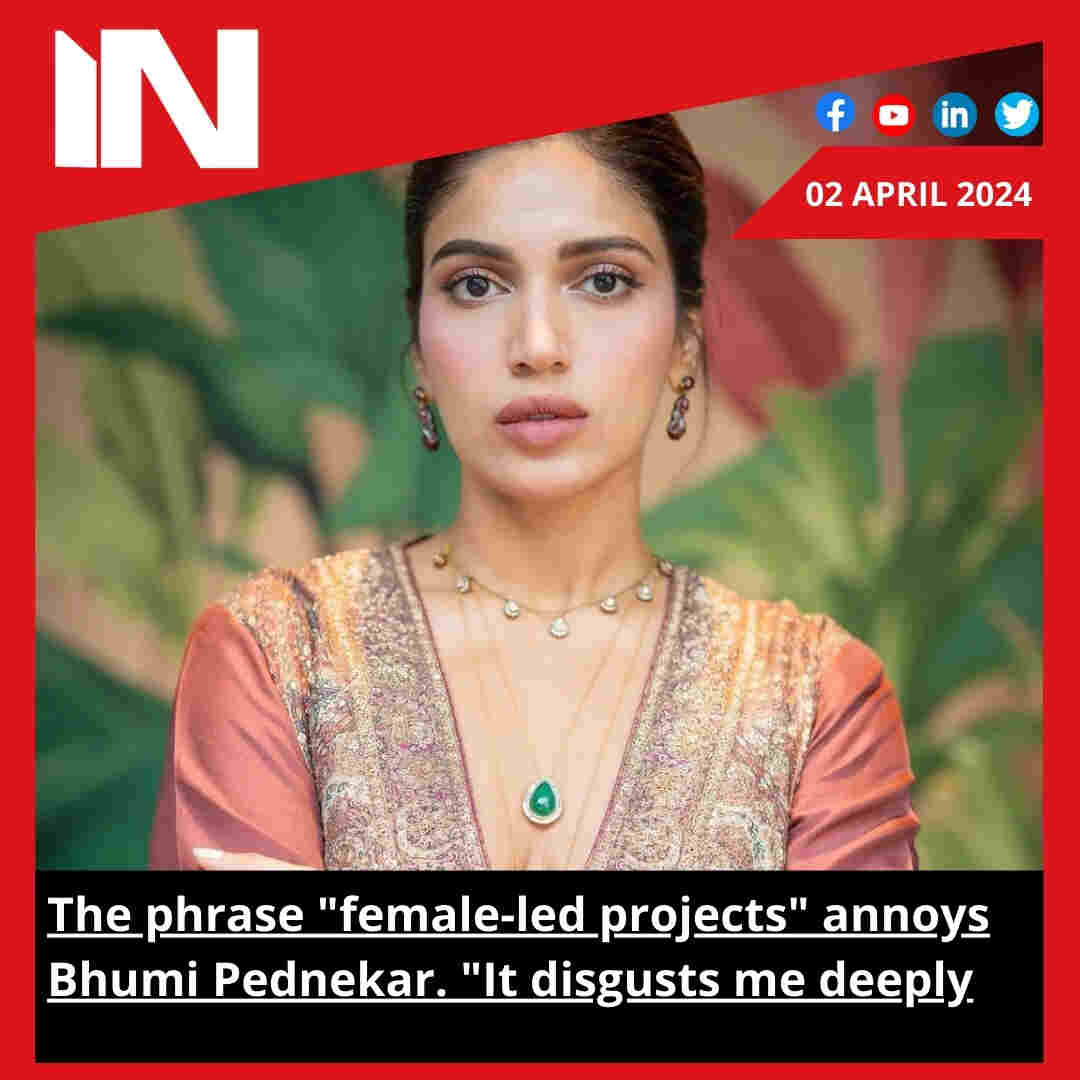
.jpg)
%20(1).jpg)
%20(1).jpg)
%20(1).jpg)
%20(1).jpg)
%20(1).jpg)
.jpg)





